News
-

- Climate Card Sales Hit 1 Million With More Than 0.5 Million Weekday Users
- 등록일 2024-04-11 글쓴이 seoulsolution
- On Fri, Apr. 5, the Climate Card surpassed the 1 million sales milestone, only 70 days after its launch on Sat, Jan. 27, 2024. Over 50 citizens per day are estimated to use the Climate Cards on public transport (subways and buses) on weekdays. Moving forward, Seoul will expand its services to be applied on credit and debit cards, discounts for cultural facilities, and a short-term pass for tourists. The Seoul Metropolitan Government (SMG) announced that the Climate Card sales exceeded the 1 million mark on Apr. 5, only 70 days after its release on Jan. 27. As of Fri, Apr. 5 at 4 PM, the card sales totaled approximately 1.008 million with 493,000 mobile cards and 515,000 physical cards. The daily number of subway and bus passengers using the Climate Card is also on the rise. On Apr. 2, the initial goal of 500,000 was exceeded, and it is growing in popularity. According to the city government, the expansion of customized services positively impacted the attraction of new users, including the latest discount for 19 to 34-year-olds from Feb. 26 (KRW 7,000) and the inclusion of Gimpo Goldline in services from Mar. 30. The SMG plans to uphold its innovation efforts to improve citizens’ satisfaction with the Climate Card. The card will be available in late April for credit and debit cards. Furthermore, discounted admission to cultural and park facilities, such as the Seoul Grand Park, will be offered in the first half of the year, and a short-term pass for tourists in July.
-

- Seoul and KT’s Innovative Tour Guide System, ‘Gwanghwamun AI Docent,’ to Begin S..
- 등록일 2024-04-09 글쓴이 seoulsolution
- Scheduled for launch on Apr. 17, ‘Gwanghwamun AI Docent’ delivers stories about Gwanghwamun Square with videos and AI Voice. The system features five language options with AI Voice: Korean, Chinese, Japanese, English, and Spanish. Open to one hundred participants on a first-come, first-served basis starting Apr. 9 at 2 PM, the opening ceremony will kick off on Apr. 17. The Seoul Metropolitan Government (SMG) will launch ‘Gwanghwamun AI Docent’ on Wed, Apr. 17. The new, innovative docent explains the four seasons, history, and characteristics of Gwanghwamun Square with lively videos and Artificial Intelligence (AI) Voice, the city government said. Specifically, the ‘Gwanghwamun AI Docent’ features content combining short-form videos with AI Voice. By scanning QR codes placed around the square with a smartphone, visitors can access short-form videos explaining the space’s key historical events and nature in AI Voice. For international tourists visiting the square, the system is also available in multiple languages in AI Voice: Chinese, Japanese, English, and Spanish. To celebrate the launch of the Gwanghwamun AI Docent service, the SMG will hold a special event at the Gathering Area in front of Sejong Lounge, on Wed, Apr. 17. More information about the service can be found on the official Gwanghwamun Square website (English) (https://gwanghwamun.seoul.go.kr/eng/main.do).
-

- Seoul Achieved the Lowest PM2.5 Level Since the Launch of the Seasonal PM Manage..
- 등록일 2024-04-05 글쓴이 seoulsolution
- Under the seasonal PM management, the city’s PM2.5 level declined by 37% while the number of days with ‘good’ PM levels quadrupled. The city government will focus on 16 measures across four areas, including transportation and heating, with a target PM2.5 reduction of 141 tons (tentative). The number of cars violating the ban on emission grade 5 vehicles declined by 51%, while the number of Seoul eco-friendly construction sites increased. The Seoul Metropolitan Government (SMG) announced the result of the ‘5th seasonal particulate matter (PM) management’ (“seasonal management”), which lasted from last December to the end of March this year. According to the city government, Seoul’s fine particulate matter (or PM2.5) level has reached the lowest level since the first seasonal management launched in 2019. * The seasonal PM management is an intensive management effort aimed at lowering PM frequency and levels by implementing stricter preventive measures between December and March, a season with frequent spikes in PM levels. The first seasonal management took place between Dec. 2019 and Mar 2020, followed by the second (Dec. 2020-Mar. 2021), the third (Dec. 2021-Mar. 2022), and the fourth (Dec. 2022-Mar. 2023). Over the last four months, Seoul took 16 intensive measures across four areas (including transportation, heating, and business site) to reduce winter PM levels. The SMG estimates that the measures reduced PM2.5 by 141 tons and nitrogen oxides by 2,873 tons. These efforts have resulted in an average PM2.5 concentration of (22 ㎍/㎥) during the seasonal management, the lowest since its implementation. The average PM2.5 concentrations declined by 37% (from 35 to 22 ㎍/㎥) and the number of days with ‘good’ air quality (15 ㎍/㎥ or lower) quadrupled (from 11 to 42 days), compared to the same period before its introduction (Dec. 2018-Mar. 2019). As for its major achievements, the number of violations of the ban on emission gas grade five vehicles dropped by 51% relative to the fourth management period. The number of eco-friendly construction sites, for which the city government signs agreements with constructors to induce voluntary reduction of fugitive dust) increased from 101 to 150. The city will conduct an in-depth analysis of the impact of the 5th seasonal management to develop even more enhanced measures for the 6th seasonal management scheduled for this December.
-

- Seoul Wins Three iF Design Awards, Stretching its Winning Streak to Four Years
- 등록일 2024-03-27 글쓴이 seoulsolution
- (Service Design) Contributed to solving the youth obesity problem by encouraging physical activities with Yes! Kids Zone (Public Art) Attracted 32,000 visitors each year to Docking Seoul, a public art platform built on disused parking ramps at Seoul Station that connects people with the city The awards are all the more significant as they signal global recognition for Seoul’s public design and city design (Communication & City Branding). Seoul won three awards at International Forum (iF) Design Awards 2024, one of world’s top 3 design awards. According to the Seoul Metropolitan Government (SMG), the city won two accolades, respectively, in the Service Design and Public Art categories. Along with the Communication & City Branding award for the SEOUL MY SOUL brand, the city has won a total of three iF awards this year. Yes! Kids Zone, one of this year’s Service Design award winners, is based on the concept of missions exploring five different countries. It encourages youth’s spontaneous physical activities and communication with their peers, improving their physical health, emotional balance, and sociability. In addition, more significantly, it contributed to addressing the social issue of adolescent obesity. The winner of the Public Art category, Docking Seoul, is an art gallery built on parking ramps at Seoul Station that had been closed for 20 years. Built around a tornado-shaped structure by connecting two separated ramps, the space consists of seven pieces that represent the ‘docking’ between space and Seoul, the virtual and the real, and science and art. The installation was highly acclaimed for its fresh approach and the impact on society. As a prime example of art created by using abandoned city resources, Docking Seoul has served as a filming location for various TV programs, YouTube videos, and magazines, including Mnet MAMA Awards 2023 video of the K-pop band Treasure, and Seoul’s tourism promotion videos. The space attracts around 32,000 visitors each year. The SMG hopes that the iF Award will help them let more people know about Docking Seoul and encourage more citizens to visit.
Archives
-
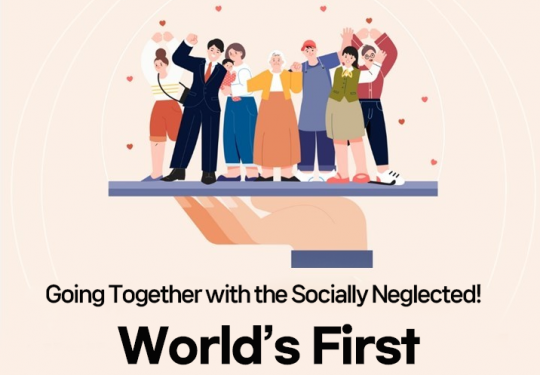
- Going Together with the Socially Neglected Index
- 등록일 2023-11-10 글쓴이 seoulsolution
- According to the World Inequality Report 2022 by the World Inequality Lab, income inequality worsened during the COVID-19 pandemic. The top 10% of the global population in terms of income distribution accounted for 52% of the global income, while the bottom 50% accounted for 8.5%. The worsening income inequality is exacerbating inequality and polarization across various social areas such as health, education, and housing, extending beyond the economic sphere. Furthermore, as new social risks, including demographic changes such as low fertility and population ageing as well as technological and economic changes due to digital transformation, continue to compound, the scope of vulnerability is continuously expanding for marginalized groups. Policy considerations for vulnerable populations are urgently needed, not only for those who are physically or economically disadvantaged, traditionally defined as socially vulnerable, but also for individuals whose opportunities in major life domains are relatively constrained due to emerging psychosocial risks, such as caregiving, emotional well-being, social isolation, and exclusion, highlighting the importance of addressing these issues as significant challenges. The Seoul Metropolitan Government (SMG) declared its “going together with the socially neglected” initiative in 2022 as a top priority in its overall policies to address inequality, polarization, and emerging psychosocial risks, with a focus on prioritizing the vulnerable. Furthermore, the SMG developed the Going Together with the Socially Neglected (GTSN) Index after a year-long research process. The GTSN Index is designed to diagnose vulnerability in various areas of citizens’ lives, including support for livelihood, housing and healthcare, from the perspective of the vulnerable. It serves as an indicator to evaluate the SMG's policy efforts to address these vulnerabilities. The index is structured to aggregate the performance indicators of each domain into a single index. This indicator and index system, which comprehensively assesses the performance of city-initiated policies from the perspective of the vulnerable and allows for practical utilization of the results in policy development and budget allocation, holds significant value. It can be considered a novel and distinct approach from traditional methods. < Encompassing 6 areas—livelihood and caregiving; housing; medical and health; education and culture; public safety; and social integration—with 10 tasks and divided into 50 detailed indicators > Through the operation of the GTSN Index, the goal is to early detect social risks in various areas of citizens’ lives, such as livelihood and housing, eliminating blind spots and enhancing policy effectiveness. The GTSN Index is structured as an indicator aimed at improving citizens’ lives in areas closely related to their daily lives, such as easing the housing burden for struggling young individuals, providing emotional support, and caring for the health of vulnerable elderly individuals who may even find it difficult to secure meals. The index is calculated with 2022 as the baseline, representing a value of 100, which coincides with the inception of the city's “GTSN” initiative. For instance, if the calculated index falls below the baseline value of 100, a thorough analysis will ensue to pinpoint the underlying causes. In the event that the dip in the index is attributed to heightened demand, the budget allocation will be expanded to accommodate increased support targets. Conversely, if project feasibility issues are identified, efforts will be made to enhance policy efficiency through targeted improvement measures. Each year, the systematically calculated index will be used as a basis to expand initiatives in areas where they are needed the most and to make improvements where deficiencies exist, ensuring that the most essential policies are pursued for the benefit of the citizens. In addition, the annual performance of the GTSN Index will be evaluated, and the results will be made public to the citizens.
-
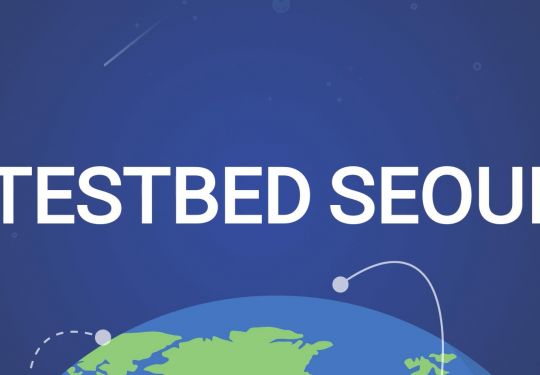
- [Video] Global Startup City, Seoul_startup-friendly policies
- 등록일 2023-02-13 글쓴이 seoulsolution
-
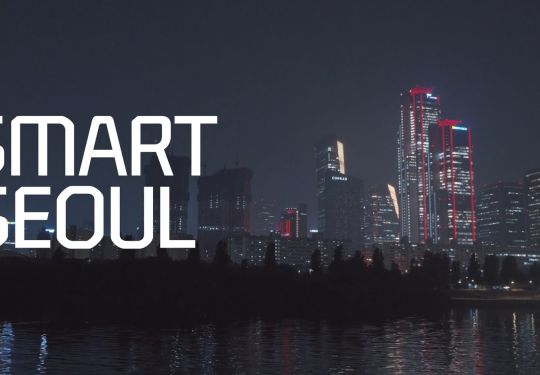
- [Video] Smart City, Seoul_smart city policies
- 등록일 2023-02-13 글쓴이 seoulsolution
-
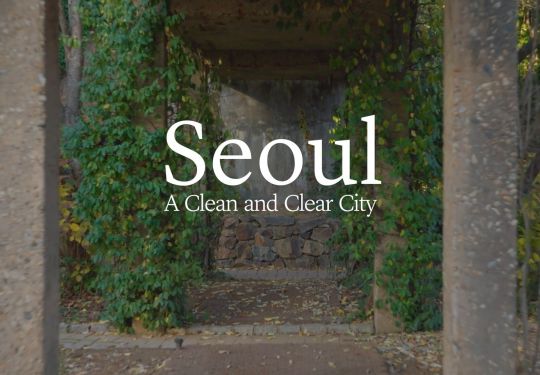
- [Video] Clean and Clear City, Seoul_environmental policies
- 등록일 2023-02-13 글쓴이 seoulsolution
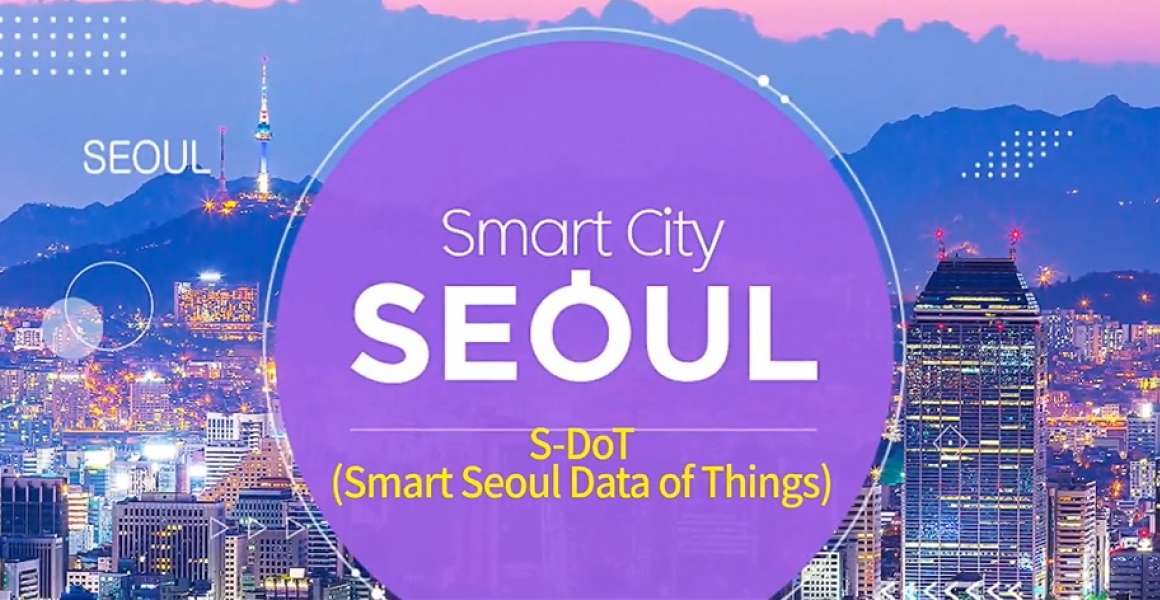 Seoul's Smart City (Smart Seoul Data of Things)
Seoul's Smart City (Smart Seoul Data of Things) 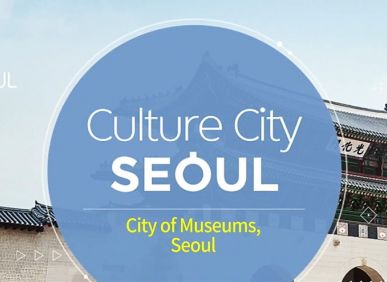 [Cultural Heritage & Tourism]City of Museum, Seoul
[Cultural Heritage & Tourism]City of Museum, Seoul 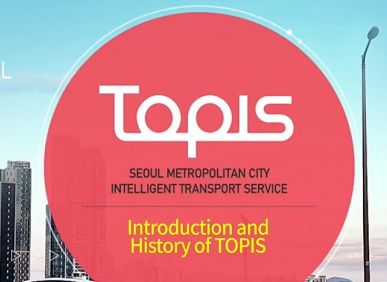 [Transportation]Seoul Transport Operation & Information Service: TOPIS
[Transportation]Seoul Transport Operation & Information Service: TOPIS 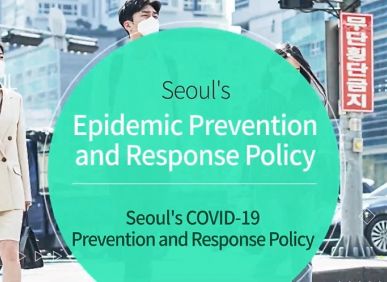 [Against COVID-19]Seoul’s Epidemic Prevention and Response Policy
[Against COVID-19]Seoul’s Epidemic Prevention and Response Policy 




